Today, you’re going to learn all about straight spouse recovery – how to cope when your spouse comes out and/or help a loved one cope when their spouse comes out.
A married person’s coming out is a family matter and not simply an individual event.
The straight spouse and the children, too, go through the coming-out process.
After coming out, most marriages end leaving the straight spouse devastated having, not only to grieve the loss of their marriage, but also deal with the new identity of the spouse.
Disclosure: Some of the links below are affiliate links. This means that, at zero cost to you, I will earn an affiliate commission if you click through the link and finalize a purchase.
While the gay spouse’s coming out is becoming increasingly celebrated by gay-positive organizations, the straight spouse’s predicament is being ignored and even stigmatized.
The straight spouse might hear comments like “Something must be wrong with you for marrying a gay person.”
They feel alone and this isolation intensifies their sense of being sexually rejected, worthless and powerless.
While straight spouses report common reactions and issues, each spouse forges an individual route.
There is no “right” way to resolve their problems. In fact, much depends on the person’s resilience, their relationship with their gay spouse, and the support of lack thereof from their family and community.
Why Do Gays Marry Straight People?
Even though these marriages fail and can be devastating to the straight spouse, many gay people marry for the following reasons:
1. Denial and Lack of Awareness
Confused by their feelings, they may believe that marriage will make their same-sex desire disappear.
2. Social and Religious Expectations
The gay spouse might marry to conform to family or career or societal norm and expectations and find social acceptance.
3. Fear of Economic Loss
Particularly in more conservative professions, the disguise of marriage offers a cover for a homosexual orientation.
4. Desire for Children or Companionship
Some gay individuals marry because they desire a long-term companionship of a family that includes children.
Coming Out: A Critical Moment
How the straight spouse learns of their spouse’s homosexuality is a critical moment. It affects their immediate reaction and their later level of self-esteem, but it also helps determine the outcome of their marriage and the nature of any future relationship with each other.
Many homosexual spouses leave clues about their true identity, sometimes for years before they come out, such as a growing interest in gay causes, the sudden development of new, single friends.
Such growing unusual actions if often marked by withdrawal and coldness. These spouses are usually afraid of telling the truth and maybe even hoping the other spouse would find out on their own without having to tell them.
Even though there is no painless way for a gay person to cone out to their straight spouse, a negative, abrupt way could be more traumatic and cause greater pain. A deliberate deceit followed by an explosion of truth is unlikely to lead to a happy ending.
Related: How To Cope With Divorce When You Still Love Him? Top 12 Steps To Make Your Divorce Less Painful
From Shock to Grief
With the unexpected news, the straight spouse is left with a shattered trust and life they thought they had. They feel devastated.
As the shock wears off, feeling of pain and hurt can be overwhelming. Untreated, these feelings can become permanent, leading the person to perceive themselves as a “victim”.
Feelings of anger and rage emerge as they’re trying to cope. Anger at the deception, the way their gay spouse come out to them and even the fact that their spouse is no longer straight. Untreated, their rage can lead to violence or self-destructive behavior.
Finally, the awareness of the loss of all they had including their belief system, arises, and with it arises grief. Untreated, grief can lead to despair and suicidal thoughts.
Related: Dealing With a Breakup: How to Heal Properly and Love Yourself Again?
Straight Spouse Recovery: How to Move on From There?
Healing and growth stem from the ability of the person to use the energy of these negative feelings to fuel their actions in a positive direction.
The straight spouse needs to face and accept the reality of their current situation (the disclosed orientation of their spouses and their own anguish) and to work out a constructive outcome.
Once spouses accept their partners’ homosexuality or bisexuality, they regain strength and achieve understanding.
They become able to reconstruct their lives and their relationships with their partners, whether they choose to stay married or not.
People differ markedly in the amount of time it takes them to heal the wounds of a mixed-orientation marriage. Some never completely heal, but for those who do, this significant event becomes a catalyst for surprising growth.
While everyone needs a unique approach to heal, this approach should be proactive and intentional in order to succeed.
But full recovery doesn’t just take positive personal action, but also outside help and support, and professional counseling.
#1. Identify Your Feelings
After learning of your spouse’s homosexuality, an array of different feelings could be experienced.
1. Shock, Disorientation – especially when the news was unexpected and abrupt.
2. Relief – A secondary emotion after the shock wave of coming out, is a relief that it wasn’t them who weren’t good enough or sexier enough. It wasn’t their problem after all.
3. Increased Intimacy – Sharing such secret can create a bond of compassion and sympathy, especially when the couple has shared love and respect in the marriage.
4. Curiosity about Gay Lifestyle – while most straight spouses would avoid knowledge of any detail of their spouse’s gay activities, many feel curious. Some would become interested in learning all about homosexuality, at least from an intellectual standpoint.
5. Feeling Stupid – especially when the news was unexpected, the straight spouse might start wondering “How could I have lived with a gay person for all these years and not know?”
6. Fear – the straight spouse might fear a number of things: sexually transmitted diseases, loneliness, financial need, destruction of the family, and uncertain future in general.
7. Self-Destructive Behaviors – The feelings of betrayal can become nearly unbearable, especially when the straight spouse had no prior suspicion of their partner’s sexual orientation. Untreated, these feelings of betrayal can lead many to self-destructive behaviors, such as violence, alcoholism, drug abuse, and even suicide. Anything to relieve their anguish.
Related: ACT For Grief: 6 Tools to Help You Move Forward with Grief – Acceptance and Commitment Therapy (ACT)

#2. Allow Yourself to Feel Your Emotions
When emotions have been long-held, it may take a long time for them to enter fully into awareness.
Without allowing yourself to uncover those emotions, they cannot be healed and released.
Opening to your emotions is the first step to healing but also it is the foundation of real love and happiness.
RAIN: A Practice For Welcoming Your Emotions
RAIN is an acronym for a practice that allows you to reduce the confusion and suffering you feel because of your emotions.
R: Recognize
Notice the emotion you’re experiencing as it comes up.
Try not to ignore it or push it away. Instead, look more closely with an attitude of curiosity rather than judgment. You may think to yourself, “this feels like fear.”
Labeling our emotions alone can help lessen their intensity, according to a study conducted by Dr. Matthew Lieberman, a social psychologist at UCLA
A: Allow
Here you accept the emotion and allow it to be there without judging it as good or bad, right or wrong. Simply rename them as “painful” or “difficult.”
You remind yourself that this emotion is valid and that you don’t get to declare, “I shouldn’t have this emotion,” or, “I’m being too sensitive.”
I: Investigate
This is when you begin to explore the emotions and ask questions.
When you stop wasting your energy trying to ignore the emotion or push it away, you become able to examine the emotions and figure out what triggered it.
Explore how the emotion feels in your body and see if you can identify any other emotions.
For example, anger may also include moments of hurt, fear, helplessness.
N: Nurture
In this final step, you consciously avoid defining yourself by the particular emotion.
You recognize your emotions as simply emotions – fleeting in nature and serving the purpose of giving you feedback about what’s happening within and around you.
You may also affirm yourself by saying something like, “It’s okay,” and “Even though I’m feeling angry, I still love you.”
You may also imagine this affirmation coming from someone supportive in your life.
Related: Recovering From Grief: How to Get Back to Life After Loss
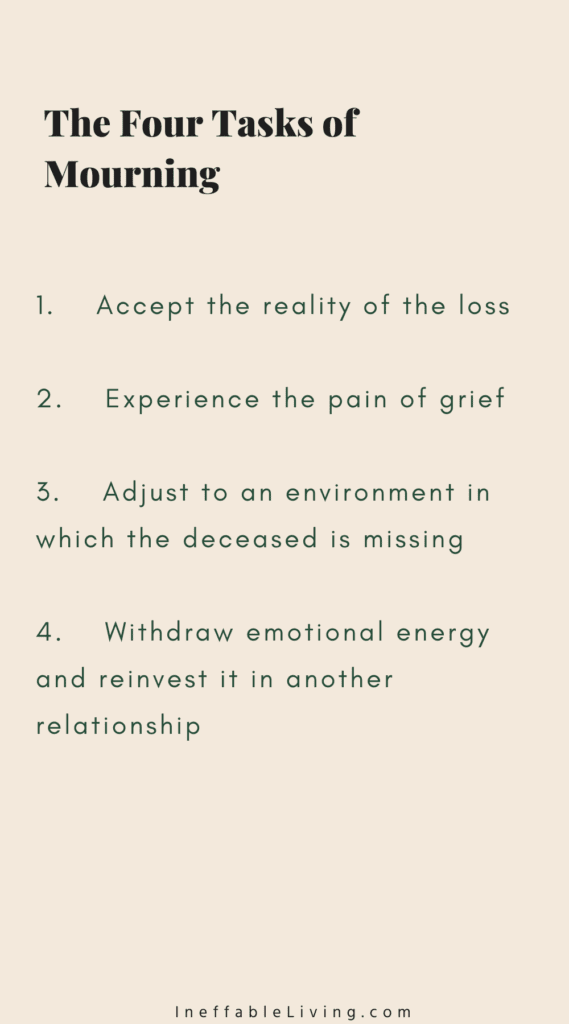
#3. Face The New Realities
Many straight spouses find it hard to face and accept the new reality that their spouse’s sexual orientation will never change.
They cling to the hope that their gay spouse will somehow change and go back to their former marital patterns. They want to believe that homosexuality is a choice, not a genetic characteristic.
Whether you decide to stay married or not, both partners’ understanding of their marriage must change irrevocably.
Related: Building Mental Strength: 13 Things Mentally Strong People Don’t Do
#4. Let Go of Feelings of Shame
Too often we feel shame about things over which we had no control – like a parent’s behavior, leading to feelings of unworthiness.
This reaction is usually out of proportion to the things we’re ashamed of.
Rather than thinking, “I made a mistake,” we think, “I am a mistake.”
Rather than thinking, “I have an illness,” we think, “I am an illness.”
To avoid and quiet the excruciating feeling of shame, we may act in compulsive and harmful ways, such as emotional eating, excessive spending, drinking or using drugs.
Avoidance makes it increasingly hard to feel or receive love, be it from ourselves or from others.
Meditation to embrace what is
By accepting and embracing the inevitable challenges of life, we begin to see our mistakes and suffering as shared humanity rather than a source of shame.
1. Sit comfortably where you won’t be disturbed. You may choose not to close your eyes and settle a soft gaze on the floor in front of you to anchor your attention in the present, if the emotion is too painful.
2. Bring to your awareness a painful experience, conversation, or painful emotion you have experienced. Recall what the emotion felt like in your body.
3. To avoid any discomfort, begin to deepen your natural inhales and exhales.
4. With each exhale, imagine yourself releasing the pressure your feel in your body as a reaction to the painful memory.
Related: How To Let Go Of Shame After Trauma?
#5. Challenge Your Inner Critic
Our inner critic that tells us, “You aren’t good enough,” can be a huge obstacle to loving ourselves and achieving our goals.
It’s especially difficult to challenge these messages in a culture that emphasizes, competition, striving, and perfectionism.
Mindfulness can help you create a space between you and your inner critic, enabling you to detach from it and avoid identifying with it.
Through mindfulness, you can watch these thoughts and see them as what they are – simple thoughts rather than take them as fact.
Once you identify the negative thought, ask yourself ‘Would I talk like that to a friend?’ and, ‘What would I say if a friend said something like this about themselves?’ or, ‘How would I treat a younger version of myself?’
Related: 10 Powerful Techniques To Control Your Negative Thoughts
#6. Learn More About Sexual Orientation
Learning more about sexual orientation can help you become less confused and more tolerant.
The American Psychological Association defines four components of sexuality.
1. Biological Sex—the gender of the physical body
2. Gender Identity—the psychological sense of being male or female
3. Social Sex Role—the cultural norms for feminine and masculine behavior
4. Sexual Orientation—the emotional or physical attraction to individuals of a particular gender.
Sexual orientation is a self-concept of how we feel about our deepest individuality. Being an internal concept, it can differ from our sexual behavior – how we act out this self-concept.
Professionals agree that sexual orientation isn’t a choice, rather it’s an innate characteristic that usually emerges in early adolescence. It is not learned and isn’t the result of a prior sexual experience. While sexual orientation may be disguised (not acted upon), it cannot be changed.
Researchers generally believe that sexual orientation is not determined by any one factor. They believe that sexual orientation emerges through complex combination of biological, psychological, and social influences.
Moreover, there is a wide spectrum between the extremes of heterosexuality and homosexuality.
#7. Manage Your Anger More Effectively
Anger is the aftermath of being hurt. This is actually good news because it means that the straight spouse is making progress toward eventual recovery.
The new situation can feel grossly unfair. The deception and the loss of a secure home are common catalysts of anger.
However, remaining angry for too long will only make you unhappy and prevent you from moving on.
Work on releasing your feelings of anger by putting yourself in your spouse’s shoes to understand the reasons behind his actions. Express your feelings in a letter that you don’t send.
Related: How To Manage Your Anger In Healthy, Effective Ways?
#8. Work on Becoming Whole Again
Surviving the trauma of finding out that your spouse is gay is a challenging task. Healing is needed for the person to feel whole again and enjoy his life.
1. Rely on trusted friends – The importance of support cannot be overstressed. Avoid the tendency to withdraw and reach out for support.
2. Reach out to the larger community – Develop new friendships, join a new club, exercise at the Y. Resist the urge to curl up into yourself.
3. Develop new interests – After separation, you might find yourself with pent-up emotion that needs a positive outlet. Enroll in a continuing education class, take up a new hobby, or join a sports club.
4. Look toward the future – What is your course of action now? Are you ready to face the challenge of living on your own? How can you prepare for the next step? The point is to explore options and plan ahead for a satisfying future.
Related: Learning To Love Yourself : 30 Day Self-Love Challenge

#9. Strengthen Your Family Relationships
Disclosure is devastating for everyone involved, including children.
Parents might try to shield their children from pain by opting for silence and if anything is said, it is refined to hide its seriousness. This is the wrong approach.
Experts agree that children should be told about their parent’s homosexuality by providing information adequate for their level of understanding.
Young children might not comprehend detailed information about sexuality, but they do understand what love is and they need repeated assurance of love from their parents. A simple statement like: “Mommy and Daddy still love each other and you, but Daddy loves someone else now, too,” can communicate that.
Related: How to Support Your Child Through Divorce or Separation?
#10. Use Straight Spouse Resources To Support You Along The Way
“OurPath“: supports Straight Partners of LGB or Trans People post discovery or disclosure.
Pro Tip. Work With A Therapist
Recovering after finding out that your spouse is gay can be overwhelming, especially when you feel alone and unheard.
A trained professional can offer the compassion and support you need to begin your healing process and make sense of what you went through.
They can also help you rebuild trust and open up to love again.
FREE Post-breakup Journaling Prompts
Resources
- Portions of this article were adapted from the book My Husband Is Gay: A Woman’s Guide to Surviving the Crisis, © 2001 by Carol Grever. All rights reserved.
- Helping the Straight Spouse When a Wife or Husband Comes Out as LGB or T (apa.org)
- Unintended Consequences: Unique Issues of Female Straight Spouses (researchgate.net)
- Unintended Consequences: Unique Issues of Female Straight Spouses: Journal of GLBT Family Studies: Vol 8, No 1 (tandfonline.com)
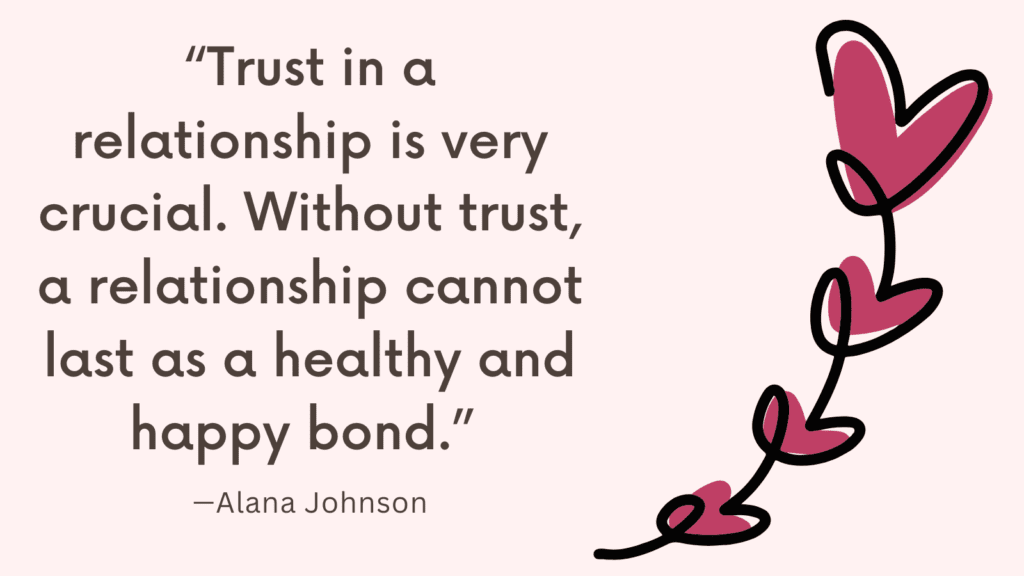
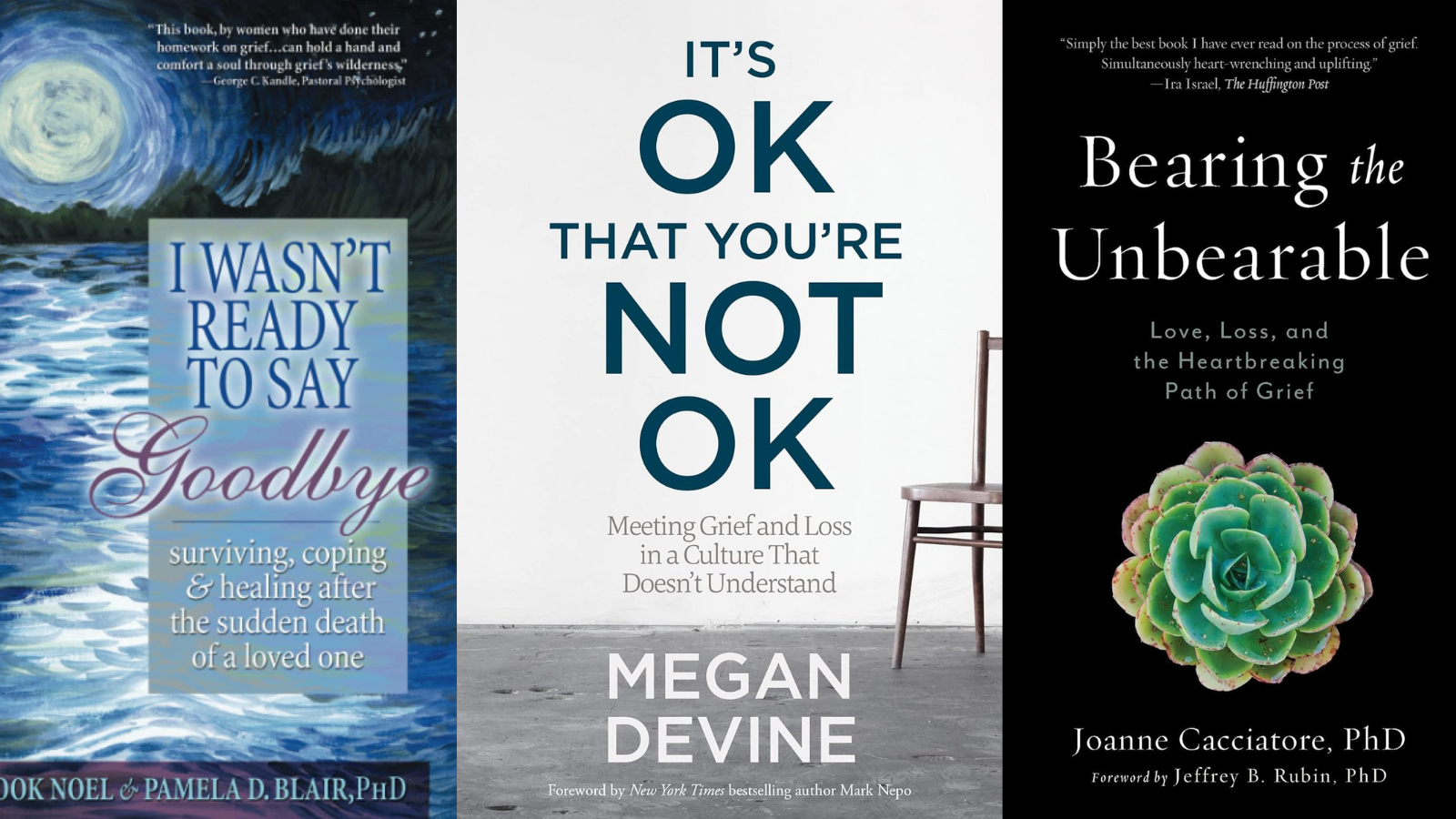



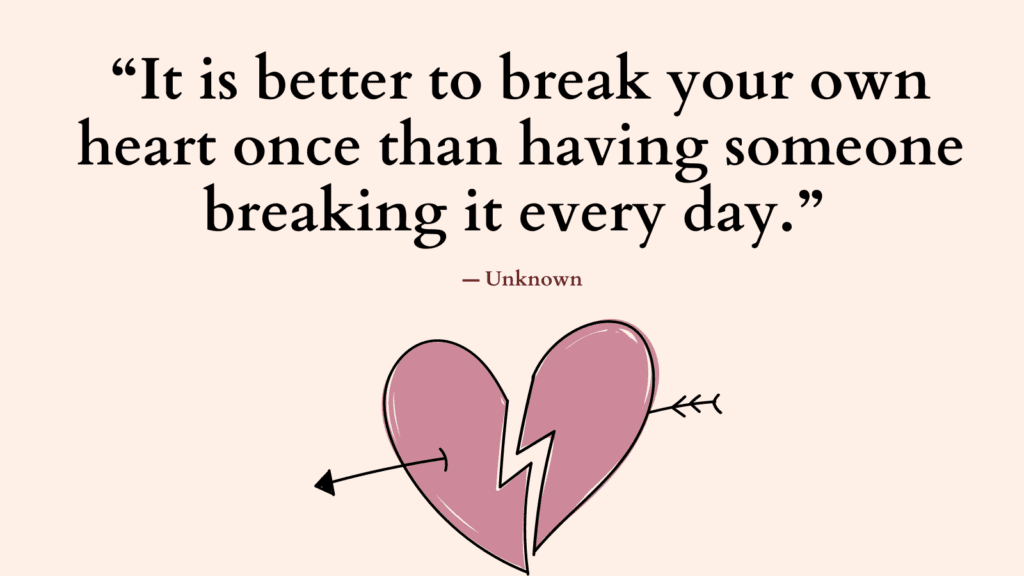
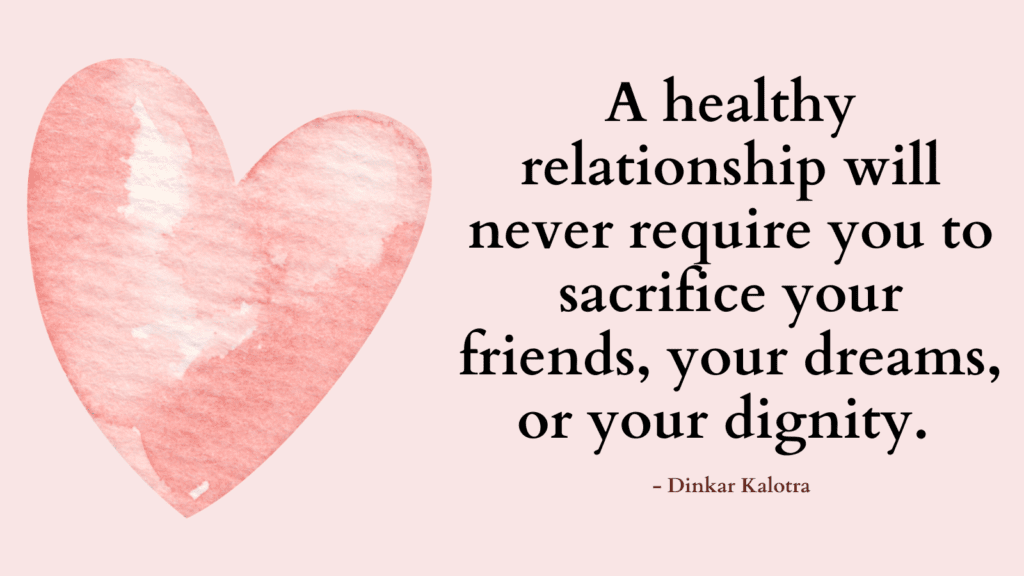
Comments are closed.